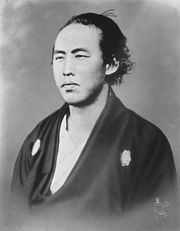
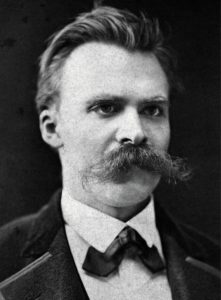



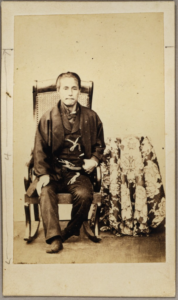
[皇国は属殊にして外国の風に似ず、] 唯恩義と廉恥を以って衆心を維持し、. . . . .
“We sustain the hearts and minds of our people only through obligation and justice, and integrity and shame . . . .” Katsu Kaishu
Katsu Kaishu is “the shogun’s last samurai” of my Samurai Revolution. He is one of the most fascinating men in an age of fascinating men.
For those who are not familiar with him, here’s a short piece I did for Tokyo Journal years ago.
[This photo of Katsu Kaishu, taken just before the surrender of Edo Castle in the spring of 1868, is used in Samurai Revolution, courtesy of Yokohama Archives of History.]
Thinking outside the box: why all this samurai stuff matters in the 21st century
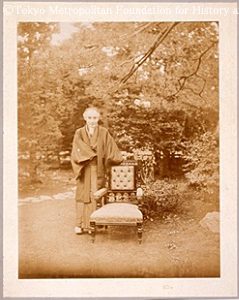
“A man who thinks not of honor or disgrace, praise or criticism, but rather takes decisive action in what he believes—though he be considered by the world a consummate villain, a perfect scoundrel—I would support such a man.” Katsu Kaishū (Qtd. in Samurai Revolution, from Hikawa Seiwa. Originally published in interview with the newspaper Kokumin Shinbun, Jan. 29, 1895)
Saigō Takamori: The most powerful human force behind the Meiji Restoration
His repugnance of “love of self”: a lesson for the president and congress of the United States of America in 2018
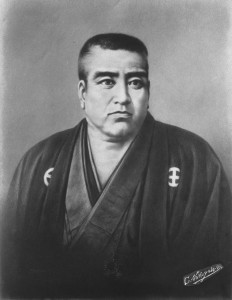
Saigō Takamori taught that “a great man,” unlike the average man, “never turns away from difficulty or pursues [his own] benefit.” He “takes the blame for mistakes upon himself and gives credit [for meritorious deeds] to others.” His biographer, Kaionji Chōgorō, wrote that Saigo, “was physiologically unable to bear” even being suspected of any sort of underhandedness. Saigō had a deep-seated repugnance of “love of self,” which, in his own words, he described as “the primary immorality.”

“I know that when the price goes up, it’ll eventually go back down. When the price goes down, it’ll eventually go back up. And it never takes more than ten years for the market price to rise and fall. So, if I see that the price for me is down, all I need do is hunker down and wait a while—and sure enough it’ll rise again.” (In Hikawa Seiwa, as translated in Samurai Revolution)